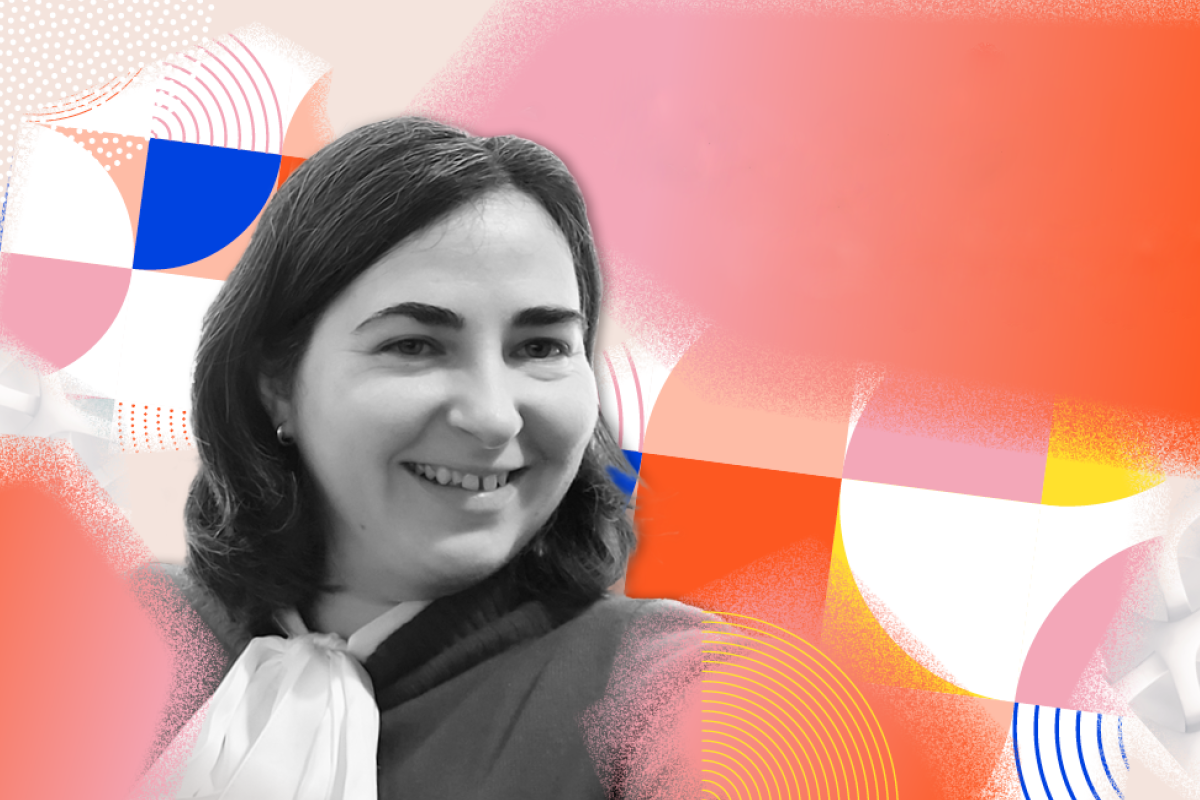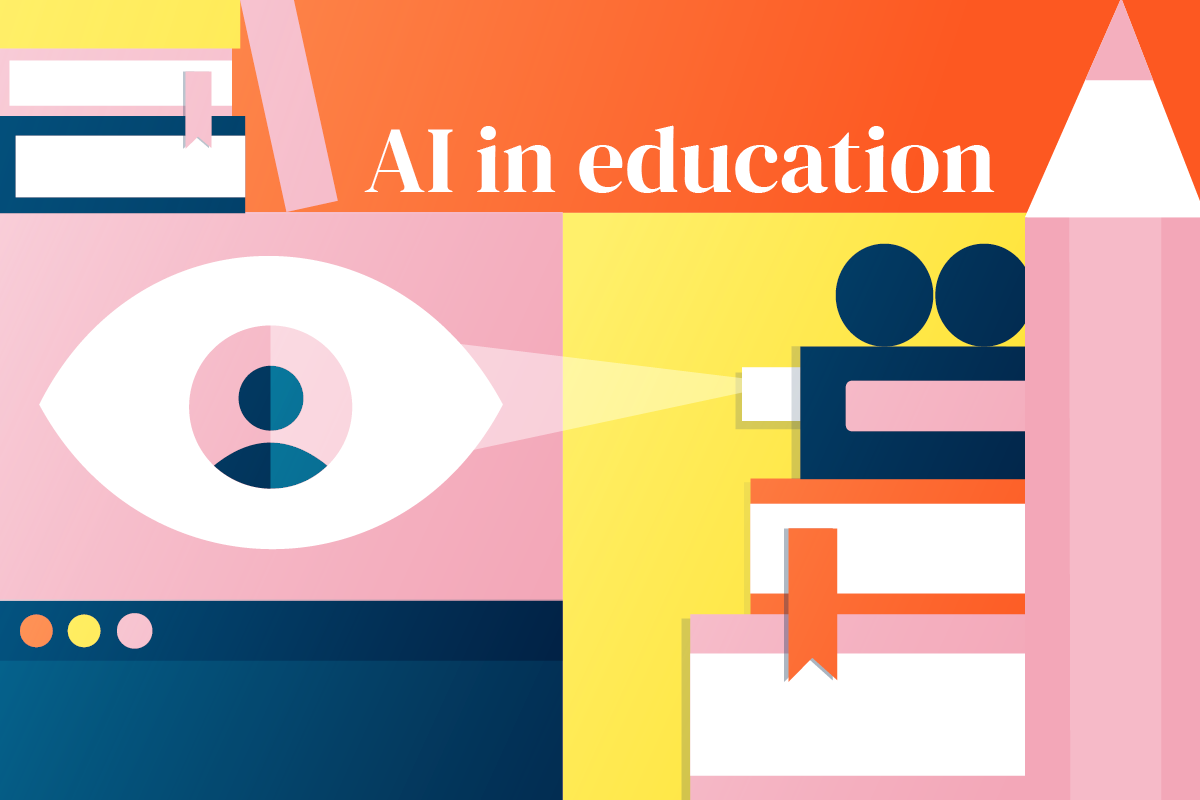Your Oxford Story: Martin Ku
Martin Ku
“The key thing is using AI technologies for enhancing education. Teachers, educators, and publishers actually know a lot about good educational practices through research and their professional development.”

I have been a maths textbook editor since graduating from university, so I have 11 years in this industry and more than five years at OUP now. I am also a member of a team in the Education division who are developing how we can enhance our products with AI.
When I was a maths editor in OUP Hong Kong, I worked on both printed and digital products. I think working on printed products is a very valuable experience even in the digital age, because editing textbooks is more than putting texts and images together. It is about managing a relationship between knowledge, learners, and teachers.
About 5 to 6 years ago, the Hong Kong government started encouraging schools to organize STEM related activities, so that students can actually use what they had learned to solve real STEM problems. At that time, I was tasked with making some of these activities because I do a bit of programming, and I know a bit about electronics.
In early 2020, one of the consultants in the Hong Kong team suggested that we should make an AI course for students because he thought that it would be very useful for them. I actually didn’t know too much about AI at that time, but then I came across a few electronics projects that used some AI technologies like image classification and object detection. I immediately realized that AI would be huge and would be very important for the future.
That year, I actually learned about AI like crazy. On weekends, on my bus ride to the office, I basically spent a whole lot of time understanding what AI is. And by the end of that year, so I basically developed a set of AI materials that were intended for professional development workshops for teachers so that we can sort of promote our own maths textbooks in those workshops.
And then the teachers actually loved the materials so much, they gave us a lot of praise. They were really glad that we could provide these sorts of materials for them, so that their students were exposed to AI technologies and get prepared for their future workflow with AI. I would say that this was probably the best achievement that I made whilst in Hong Kong.
There are plenty of things that education publishers can do—we’ve never been more relevant. We can provide reliable knowledge in different situations, and we can provide very good learning design for AI-powered products. We can develop digital learning technologies that can actually help students to learn better.
The key thing is using AI technologies for enhancing education. Teachers, educators, and publishers actually know a lot about good educational practices through research and through their professional development. The real challenge is that implementing good educational practices requires a lot of effective adjustment of the intervention.
AI or machine learning is very effective for analyzing data and making recommendations. I think we can use machine learning and generative AI to make customized learning materials for individual learners according to their needs, according to their learning path. AI is a golden opportunity for us to make good learning materials for our students and make all the good learning practices available to all students.
Discover the latest research and insights from our team in the AI in Education report.



